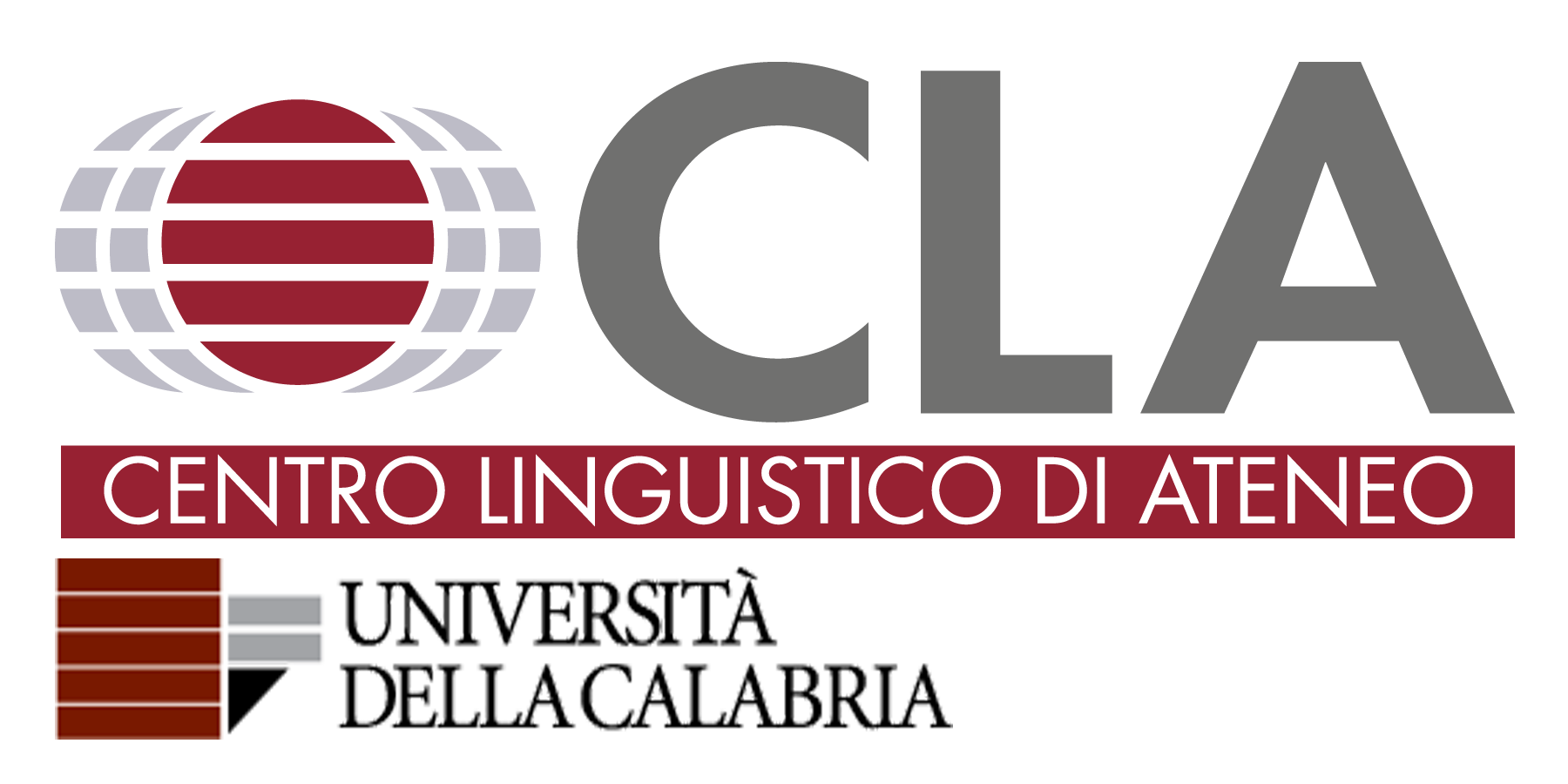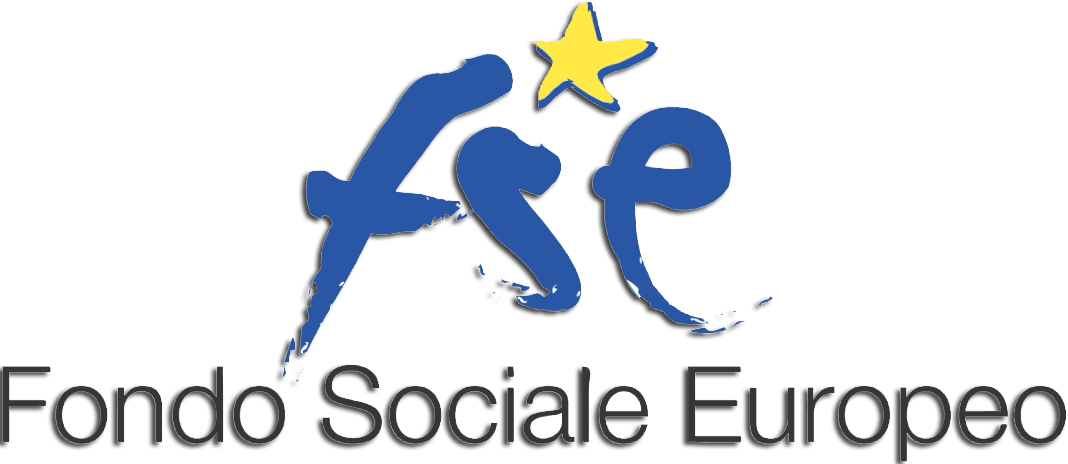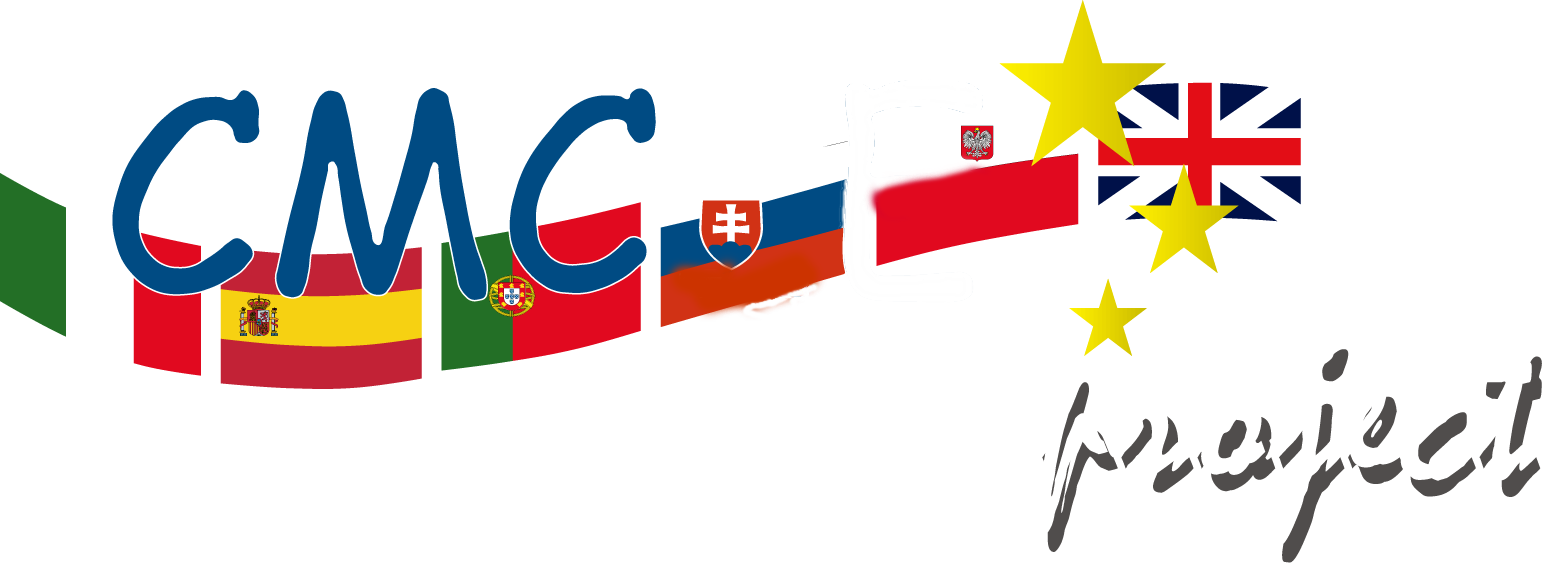Multiculturalism and multilingualism
The concept of multilingualism refers, at the same time, to the capacity of a person to communicate in various languages, and to the coexistence of different communities in a defined geographical area. It is one of the main principles of the European Union since the beginning of the integration process. A positive multilingualism policy can improve the opportunities in the life of the citizens, by increasing mobility and employability, facilitating access to services and rights, increasing solidarity and a better social cohesion thanks to intercultural dialog.
In line with the European linguistic policy, the section of the University Language Centre called “Multilingualism” deals with promoting and spreading the understanding of the modern languages and cultures. The two orientations of the word allow to pursue two objectives. The first one is to broaden and strengthen, on the institutional level, the offer of language learning; the other one is to support the individual acquisition of various languages in order to encourage, in particular, internationalization and mobility. In this perspective, the “Multilingualism” section proposes, on one side, to monitor the condition of multilingualism and plurilingualism in University of Calabria and, on the other side, to encourage the study of at least two other different languages different than the mother language. The initiatives carried out are addressed to all those who, knowing at least one language, will be interested in learning or learning better, at different levels, a second (or third) one, both on the purely linguistic and communicative side, and on the cultural side.





